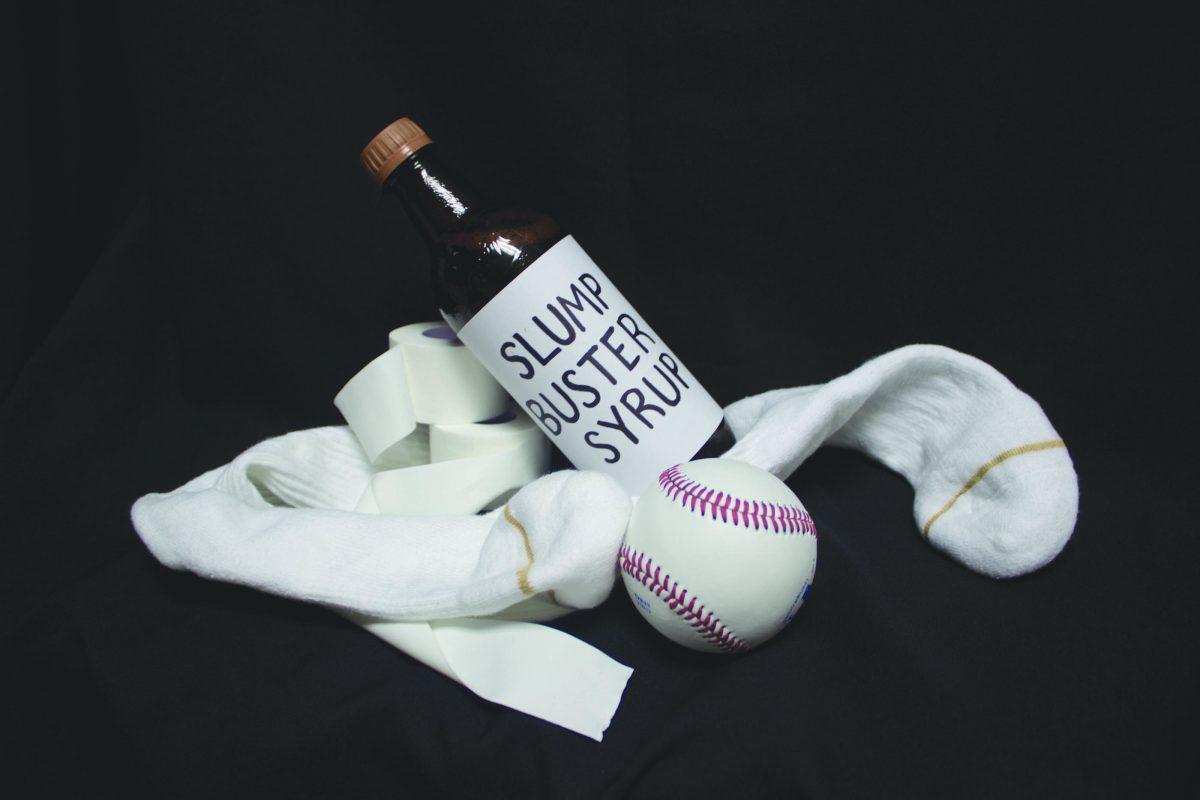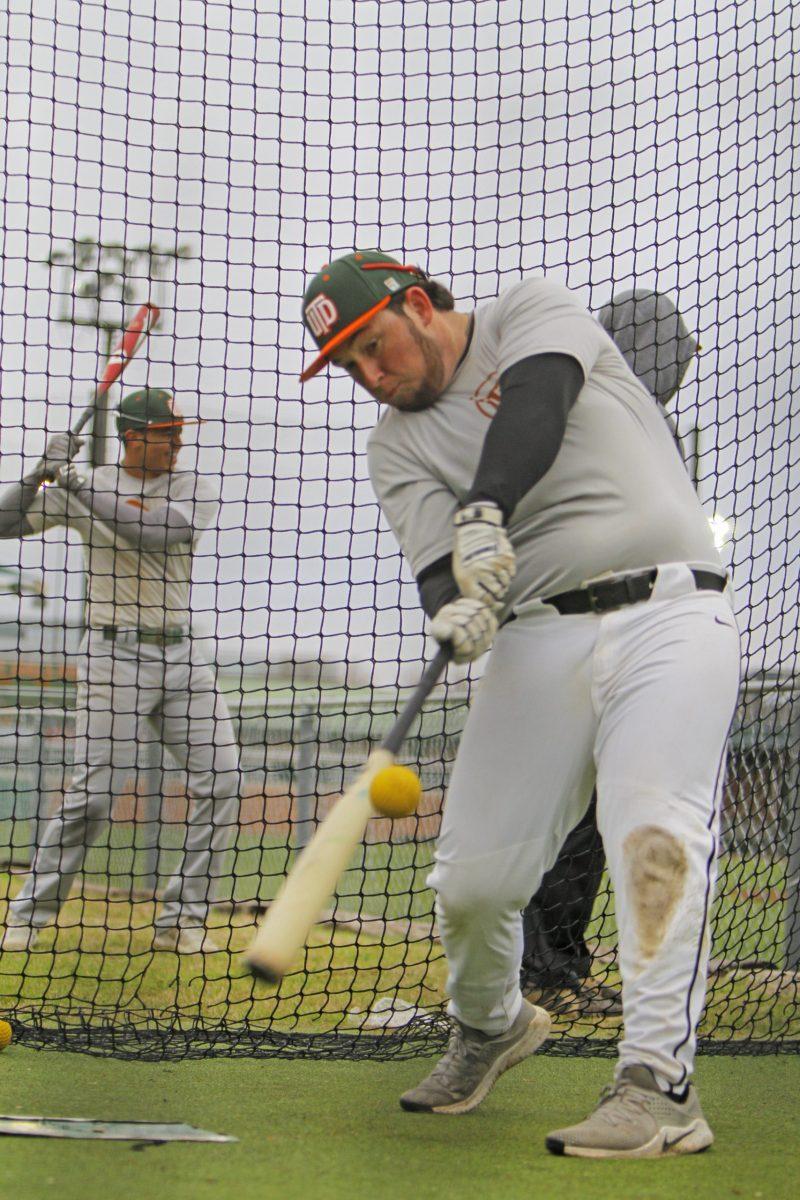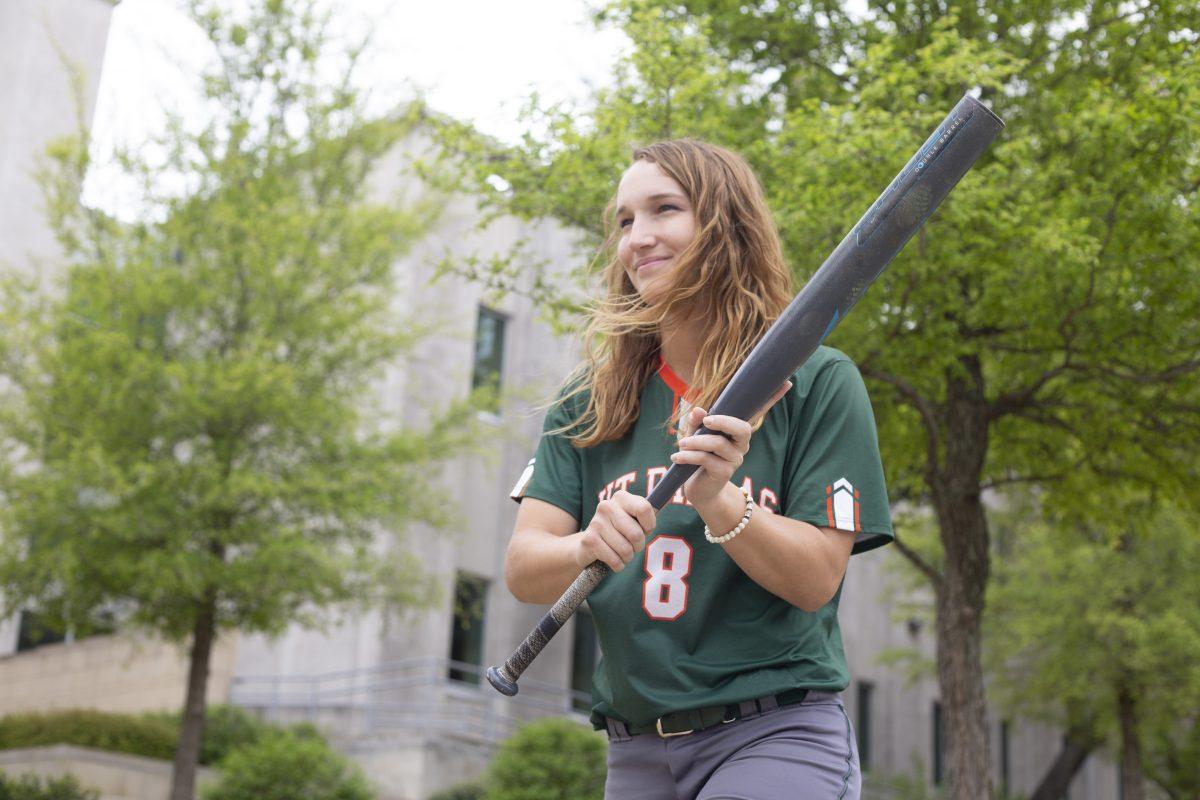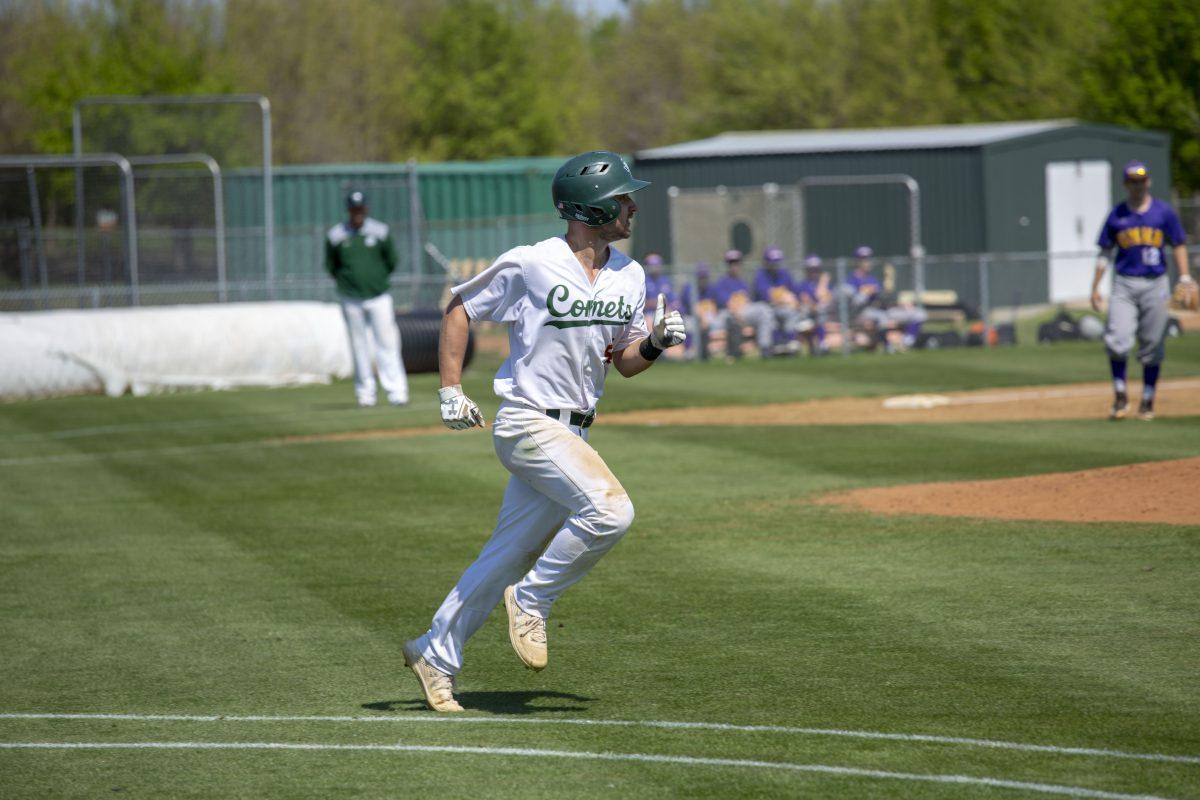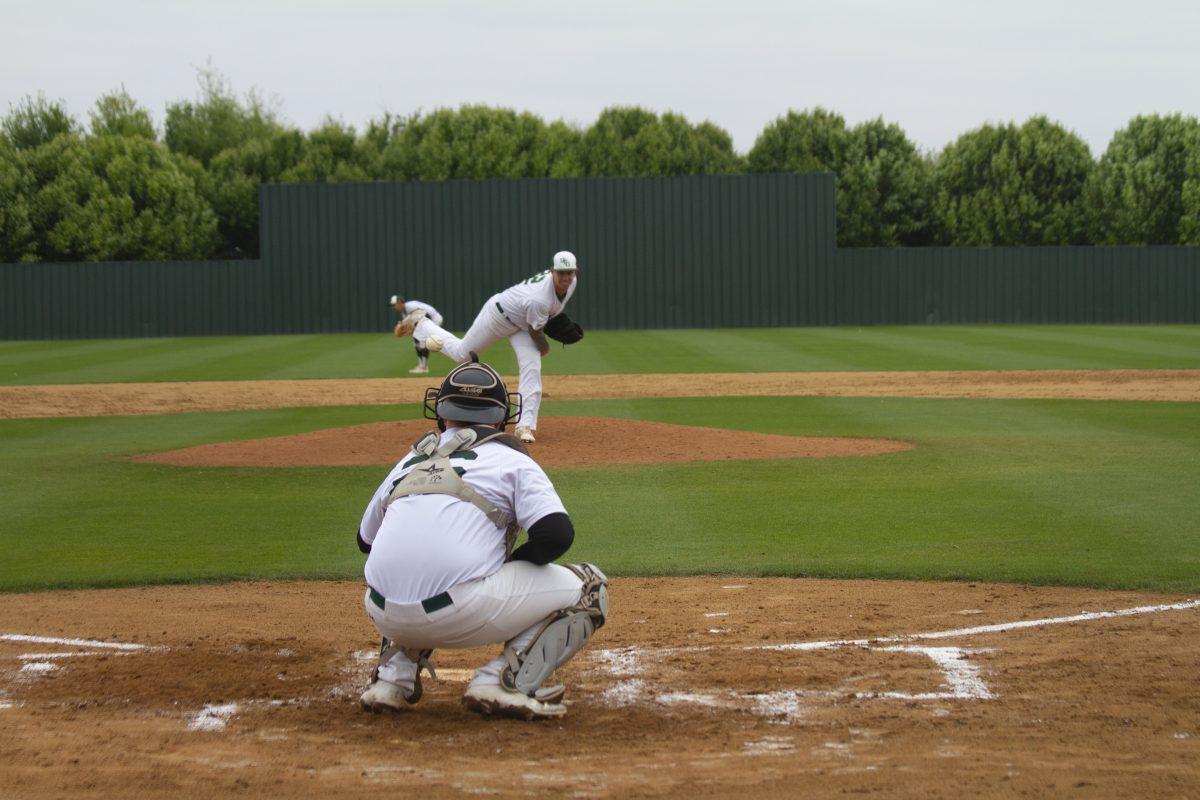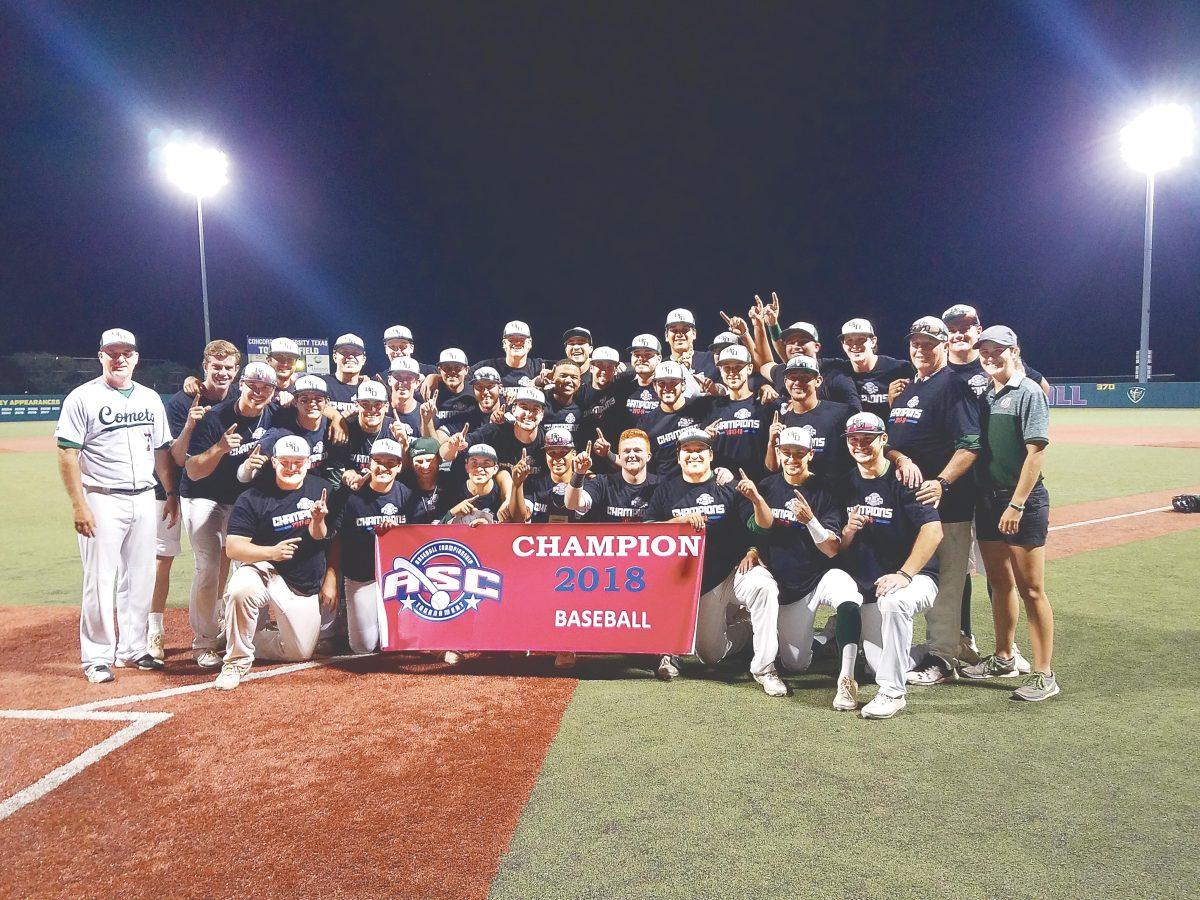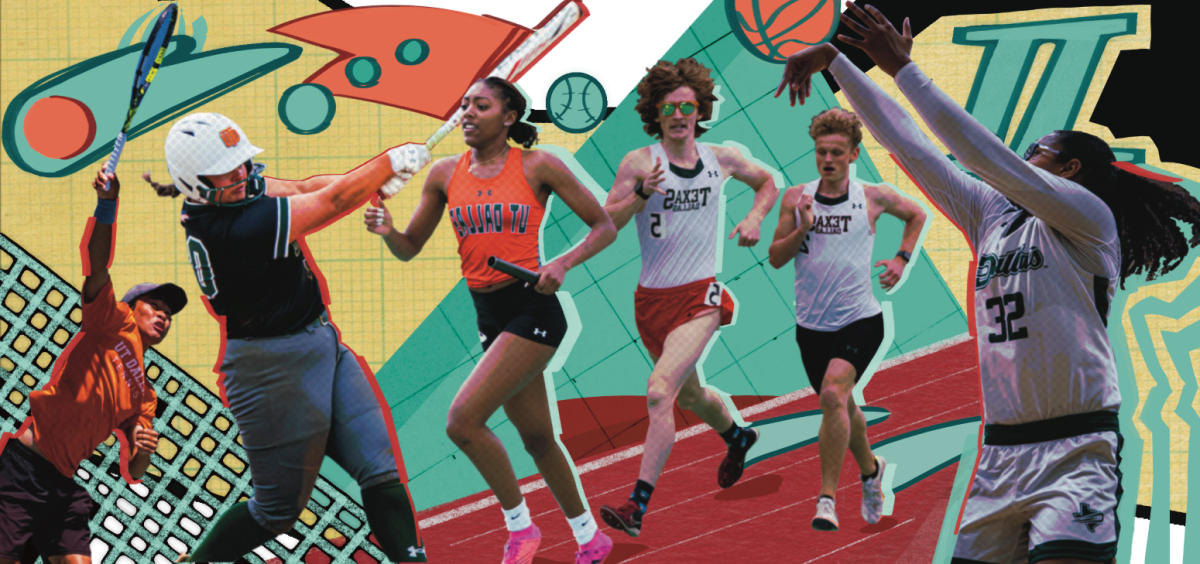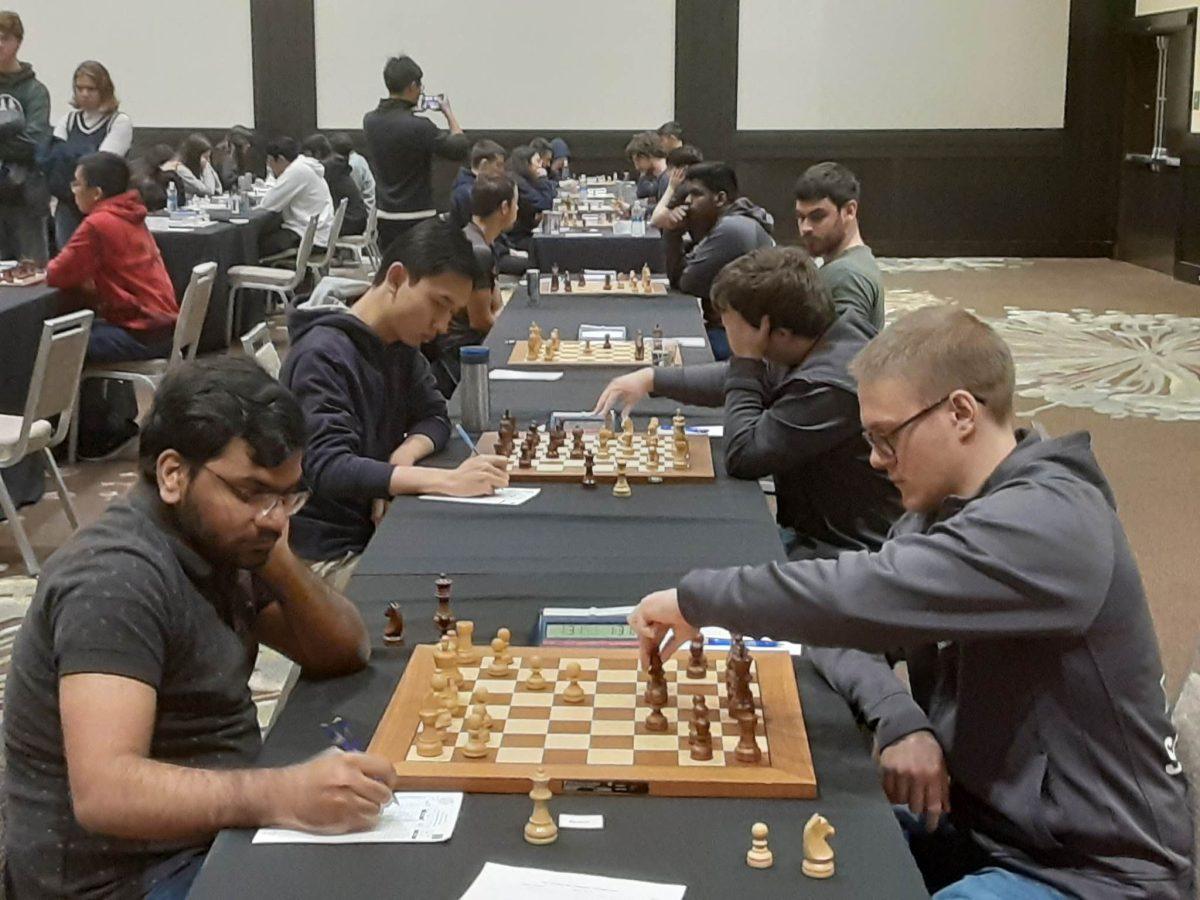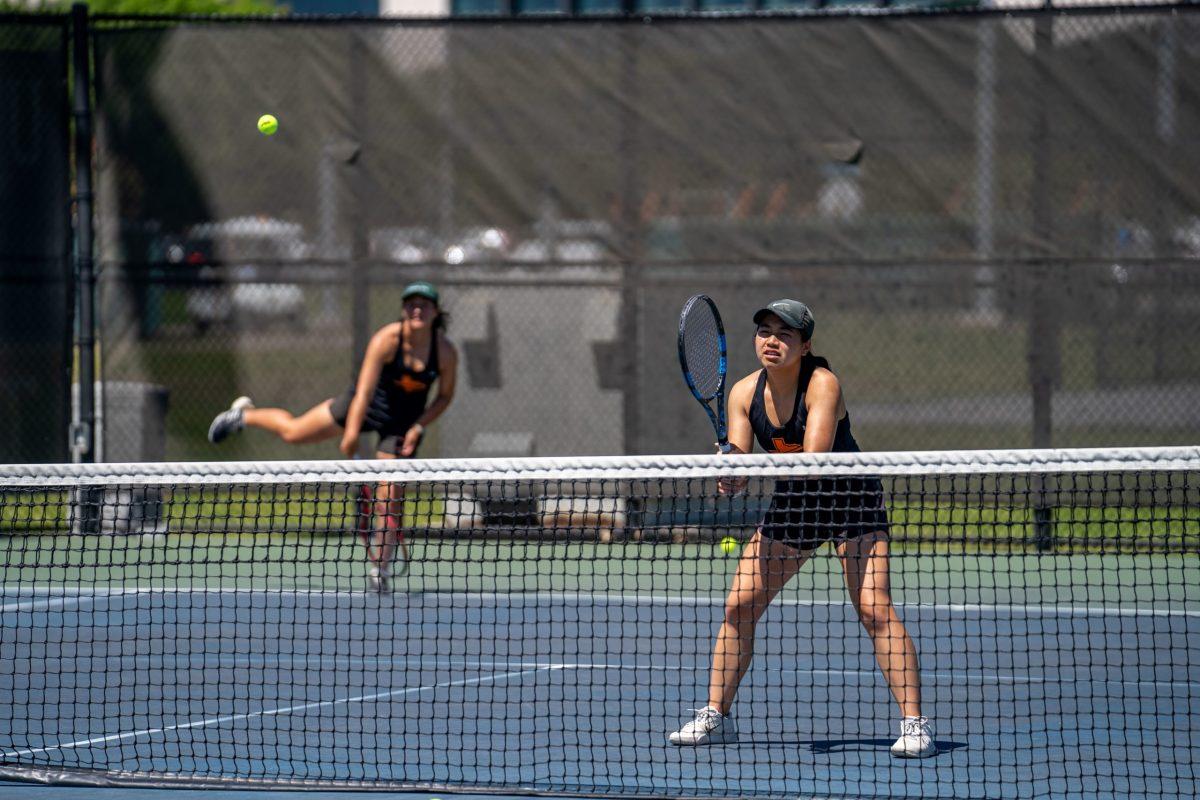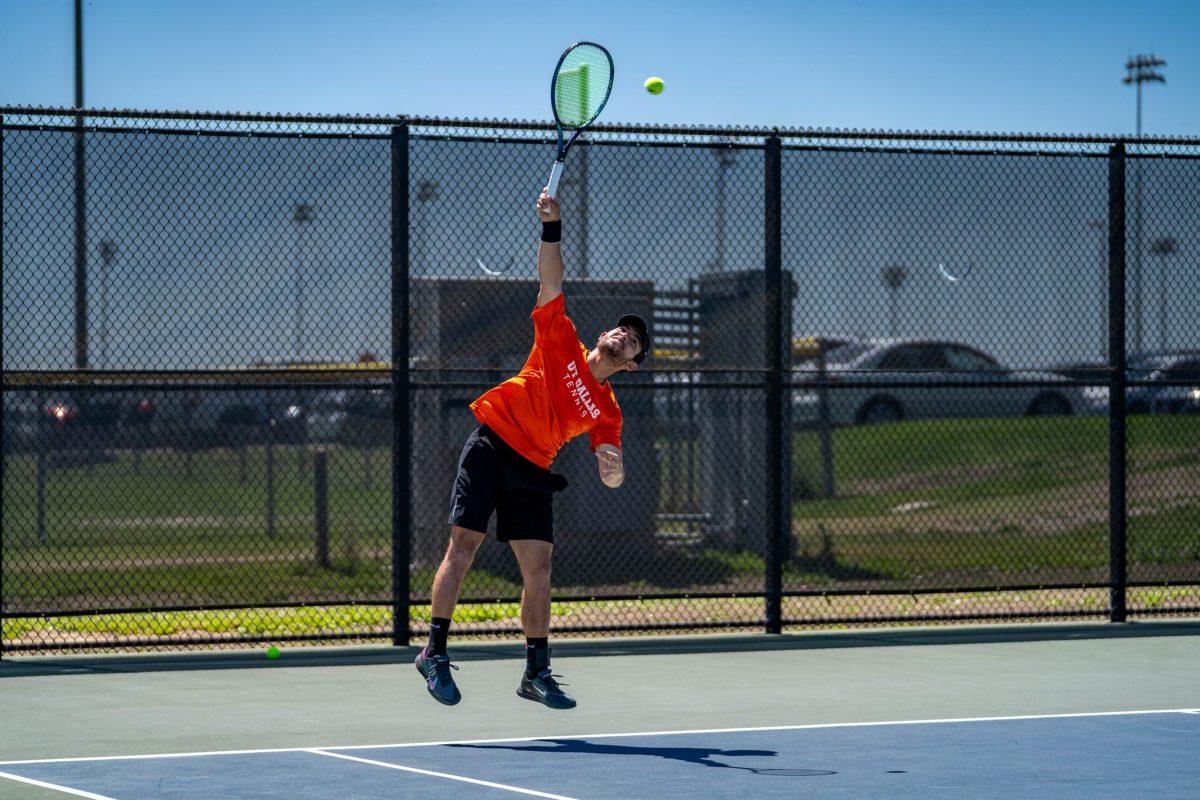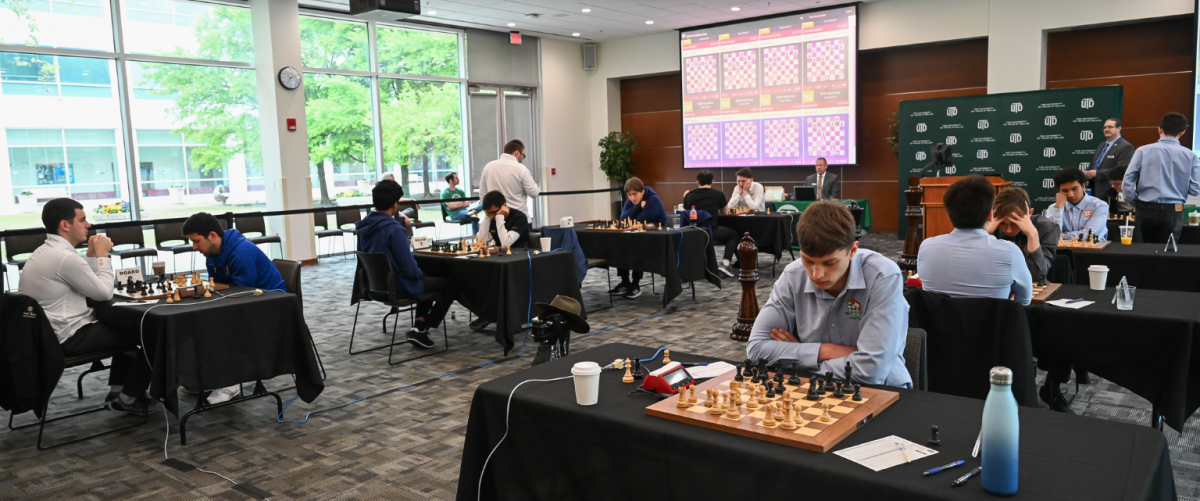Baseball players take part in game day rituals for good luck
As he walked to the mound, a phrase was shouted out by his high-school teammate. It was one he was never supposed to hear.
“I wanted to mess with him, so I yelled it out,” junior pitcher Tyler Dauer said. “I yelled out that he was throwing a no hitter during the game just so everyone would notice. And I’m not even joking, but the next hitter he got a hit and ruined it.”
Even though he knew he wasn’t supposed to, Dauer violated one of the most widely spread superstitions in baseball.
From not walking on the foul line to abstaining from saying “no hitter,” players in the grand old game treat superstition with an almost religious reverence.
Ball players at UTD are not immune to the tradition. Junior midfielder Nick Marti said many players on the team have acts they believe help them perform better on the field. Some of his teammates have specific accessories they have to wear such as armbands and wristbands, he said.
Senior infielder Brandon George, for example, has a sleeve he wears during practices. It’s the first thing he puts on before any of his other practice clothes.
“For some certain reason, putting on that arm sleeve first gives me some sort of feeling of security guarding my arm,” he said. “I’ve done it for quite a long time. The first thing that goes on my body is my arm sleeve.”
Along with that, George has a pregame routine he said he has to follow in order to be successful. The first thing he does as he prepares is head into the training room and get his wrists taped: white for a home game and black for away. He has to do it before he’s ready to go out onto the diamond.
If he doesn’t, he’s sure he won’t do well.
“In high school, I used to only tape one wrist because I had an injury, so it stemmed from that,” he said. “One day, I can distinctly remember, I taped both to my wrists just because I did, and I distinctly remember having a good game. So ever since then, I feel just awkward if I don’t have both of my wrists taped.”
Along with lucky clothes, members of the baseball team focus heavily on what they put into their bodies, though not always for health reasons. Marti said he has to eat the same meal before every game to be successful. When it comes to what the players drink, there is one beverage in particular Marti and George use to help them improve their batting averages.
“Cream soda is a slump buster,” Marti said. “One day I had cream soda and I started hitting good. So I was like, ‘Cream soda is the new slump buster!’”
George said they call it slump-buster syrup. The two buy A&W cream soda, take off all the labels and put pieces of paper with the new slump-buster label they designed, George said. According to him, it has worked so far for the duo.
Many superstitions stem simply from a desire to emulate the success of others, Marti said.
“If somebody else is hitting good, I want to try their bat. Maybe it’s their bat that’s hitting good,” he said. “If you wear an arm sleeve and you pitched good, I’m going to wear an arm sleeve. Maybe I’ll pitch good.”
Marti first started to pick up on the paranormal side of baseball in high school he said, and started to notice certain habits the pros were practicing.
The superstitious culture of the pros also had a major impact on George’s beliefs and the beliefs of many others, he said.
“The superstition is inherited from baseball throughout the years,” George said.
Out of all the positions in baseball, pitchers historically have had some of the oddest superstitions. Turk Wendell, a former reliever for the New York Mets, was known to brush his teeth between innings and chew black licorice while pitching. When Roger Clemens was playing with the New York Yankees, he would visit the bust of Babe Ruth at Yankee Stadium before each home game. He would then proceed to wipe his forehead and use the same sweaty palm to rub the face of the baseball legend.
Dauer, who is penciled in as the starting pitcher for the Comets’ upcoming season, has a tradition he follows every time he gets on the mound.
“One thing I do, everyday I pitch, I actually wear the same pair of socks,” Dauer said. “I really like them a lot and that helps me out a little bit.”
Dauer, who started seven games last year as a sophomore and finished the season with a 2.72 ERA, said he began the tradition after he began to have a successful year and didn’t want to change what he was doing.
One of the biggest player superstitions involves no hitters. Whenever someone is pitching and nobody from the other team is getting a hit, the dugout is supposed to go quiet and no one is to talk to the pitcher, let alone make eye contact with him. Most importantly, one key phrase is not supposed to be uttered.
“You’re not supposed to say ‘no hitter.’ you’re not supposed to say that at all,” Marti said. “It’s like a big jinx … I don’t even know why announcers do it in the pros; I think it’s terrible. It makes me mad.”
Dauer said he has tried to prove this and other superstitions surrounding baseball to be incorrect-such as when he yelled out no hitter during his infamous high school game. Despite his doubts, he can’t help but concede some belief.
The length of the game contributes to the spread of superstitions among pitchers, he said.
“You have more time to rest in between pitches, so if you’re not hitting, you have time to think about it,” he said. “So it kind of gets in your head. And then you start to think, ‘Well, maybe this is real.’”
Even though there is no scientific correlation between these rituals and being successful on the field, George said a lot of it has to do with the mental aspect of the game and what these routines do to help players succeed.
“I think you go through such highs and such lows that when you feel like you’ve finally found something that works for you, it’s kind of like your superstition,” George said. “You’re not willing to give it up because you’ve experienced a certain high with it.”

